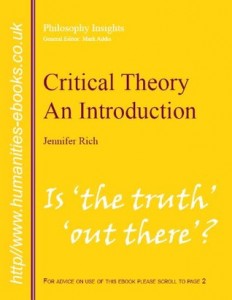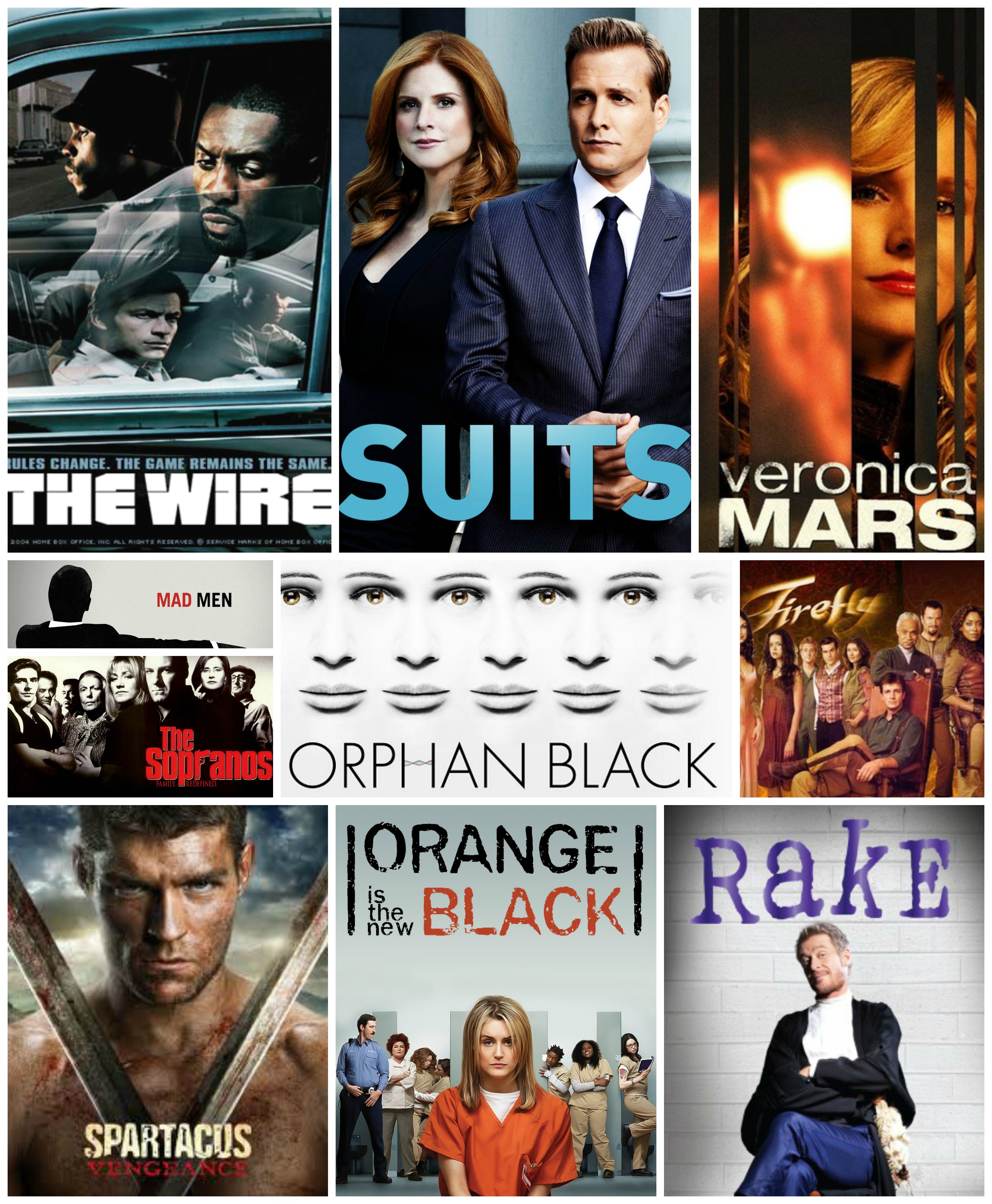I’m going away on holidays to America and my main concern was making sure that I research which bookshops to visit while over there. I am away for a few weeks and while I don’t really plan to weigh down my bags with too many books, I still like looking at books. I have been looking around for which stores to visit and I thought I might list them here and possibly open it up to some suggestions. I’m going to be visiting San Diego, Los Angeles, San Francisco, New York, Boston, Toronto and Las Vegas, so please recommend some stores and I will try to visit them.

The Last Bookstore, Los Angeles
This is a scary thought, I would hate to think that there is only one bookstore left on earth and it was all the way in LA. The Paris Review once wrote that this store was “an almost 20,000-square-foot cathedral of books”.

Skylight Books, Los Angeles
This is often voted as one of the greatest bookshops in America (along with Powell’s but I’m not going to Portland). It could almost be considered a literary landmark, but when I think of LA I think Raymond Chandler and that landmark would be Musso and Frank Grill (which I plan to visit as well).

City Lights Bookstore, San Francisco
This was one of my biggest highlights when I was in San Francisco last time, and I plan to go back. Last I was there a picked up a portable collection of Romantic poetry which I adore; still think Keats is my favourite. This is not only an iconic bookshop, it is a literary landmark.

Green Apple Books, San Francisco
This is a well-known bookshop that has been around for a very long time. I missed it last time I was in San Francisco; I don’t want to miss it again.

WORD, Brooklyn
Located in the Greenpoint section of Brooklyn, this is one store where their reputation precedes them. This may simply be because the Bookrageous podcast links every book to this store but I’m still very interested in checking it out.

McNally Jackson, Manhattan
I have heard good things about this store; mainly that it has ‘everything’. I plan to challenge this view and see if it has books on my wishlist that are normally very hard to find. If I wrote a book, I could even get it printed here.

Strand Books, New York
This one was recommended to me by a friend on Twitter. Eighteen miles of books, this is something I have to see. The store opened in 1927 so there is a bit of history there as well.

Library Hotel, New York
Not a book store but since I’m in New York, I’m going to stay in bookish class and felt the need to rub it in. Library Hotel not only offers you a great place to stay but you won’t be short of books to read.

Commonwealth Books, Boston
This used bookshop comes with leather chairs and a fireplace, what more do you want from a store? I would like to go, grab an old classic and spend the day reading. I’m not sure if it is a good strategy for selling books but it is one way to attract booklovers.

Brattle Book Shop, Boston
When I was researching book shops to visit while in America I came across this one in Boston; it looks awesome. One of America’s oldest and largest used book stores, it has to go to the streets.
There you have it, ten bookshops (sort of) that I plan to visit when I’m over in America. I know I will find more along the way and I could have mentioned a few others but I need to save room for museums and eating. Feel free to mention some more in the comments and I might see if I can make it there as well.
 This month we looked at the gothic and surprisingly satirical novel The Monk by Matthew Lewis. This was a lot of fun for me; I’m becoming a big fan of Juvenalian satire and was surprised to see what this gothic classic did with its social critique. While it might have been a little difficult for others, it is always great to leave our comfort zones and read something great. Next month we are dipping into some non-fiction when we read In Cold Blood by Truman Capote, which is considered one of the best books in the true crime genre.
This month we looked at the gothic and surprisingly satirical novel The Monk by Matthew Lewis. This was a lot of fun for me; I’m becoming a big fan of Juvenalian satire and was surprised to see what this gothic classic did with its social critique. While it might have been a little difficult for others, it is always great to leave our comfort zones and read something great. Next month we are dipping into some non-fiction when we read In Cold Blood by Truman Capote, which is considered one of the best books in the true crime genre.
 Title: The Monk (
Title: The Monk (

 I’ve been thinking a lot about my TBR piles lately. I have this weird love-hate relationship and at the moment I’m feeling very stressed over it. You know that feeling you get when you see the piles of books you have on your shelves to read and you get that feeling that you have books coming in faster than being read? How do you deal with that?
I’ve been thinking a lot about my TBR piles lately. I have this weird love-hate relationship and at the moment I’m feeling very stressed over it. You know that feeling you get when you see the piles of books you have on your shelves to read and you get that feeling that you have books coming in faster than being read? How do you deal with that? Title: Critical Theory: An Introduction (
Title: Critical Theory: An Introduction ( Title: Skinjob (
Title: Skinjob ( Title: The Fictional Woman (
Title: The Fictional Woman (









